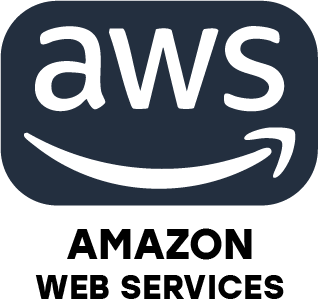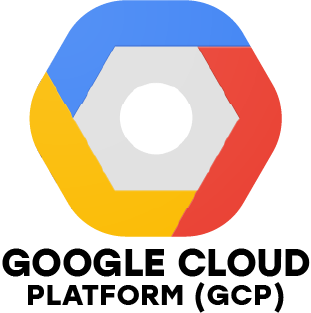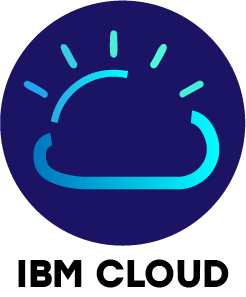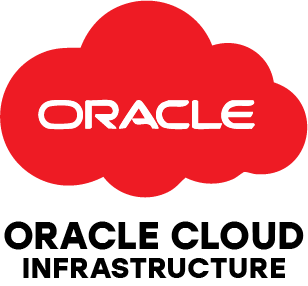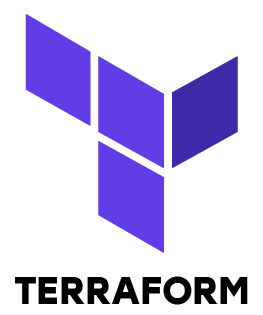1. What distinguishes IaaS, PaaS, and SaaS from each other?
Ans:
IaaS provides essential cloud resources such as virtual machines, storage, and networking, while you manage everything except the physical hardware. PaaS delivers a ready-to-use platform for developing and deploying applications without handling infrastructure. SaaS offers fully functional software accessible online, eliminating the need for installation or upkeep.
2. How do you configure an EC2 instance in AWS?
Ans:
To set up an EC2 instance, log into the AWS Management Console, select an Amazon Machine Image (AMI), choose the instance type (e.g., t2.micro), configure network settings like VPC and subnet, and define security groups (firewall rules). After launching, connect using SSH for Linux or RDP for Windows, and use an existing or new key pair for secure access.
3. What is the role of IAM in cloud security?
Ans:
There are four main levels:
IAM (Identity and Access Management) securely manages users, roles and permissions. With IAM, you apply the principle of least privilege, which means giving users only the access they need. This helps prevent unauthorized actions and improves overall cloud security.
4. How do you handle auto-scaling in AWS or Azure?
Ans:
Auto-scaling automatically adjusts the number of running servers (instances) based on traffic or usage. In AWS, Auto Scaling Groups (ASGs) monitor performance using CloudWatch and scale out or in as needed. In Azure, you configure auto-scale rules in Virtual Machine Scale Sets. Auto-scaling helps keep your application running smoothly while saving costs by reducing unnecessary resources.
5. Explain how you would migrate an on-premise application to the cloud.
Ans:
To migrate an on-premise app to the cloud, first assess the application to understand its architecture and dependencies. Then choose the right cloud model (IaaS, PaaS, or SaaS) and platform (like AWS or Azure). Next, back up all data, set up the cloud infrastructure and move the app in stages to reduce downtime. After testing in the cloud, cut over completely, monitor performance and optimize as needed.
6. What is the difference between a public and private subnet in a VPC?
Ans:
In a VPC (Virtual Private Cloud), a public subnet connects to the internet through an internet gateway. This means the resources in it (like web servers) can be accessed from outside. A private subnet has no direct internet access and its resources (like databases) can only be accessed within the VPC or through a NAT Gateway. This setup is used for security and better network control.
7. How does Azure Resource Manager (ARM) work?
Ans:
Azure Resource Manager (ARM) is the deployment and management service for Azure. It lets you organize resources like virtual machines, databases and networks into groups. With ARM templates, you can define your entire infrastructure as code and deploy it consistently. ARM also supports role-based access and tagging for better control and cost tracking.
8. What tools have you used for cloud monitoring and logging?
Ans:
- AWS CloudWatch is for monitoring metrics and logs in AWS.
- Azure Monitor and Log Analytics are for tracking performance and logs in Azure.
- Prometheus and Grafana work for open-source monitoring and dashboards.
9. How do you ensure high availability and fault tolerance in cloud architecture?
Ans:
- Deploy applications across multiple availability zones or regions.
- Use load balancers to distribute traffic.
- Set up auto-scaling and regular backups.
- Monitor system health and establish failover mechanisms.
10. What is Infrastructure as Code (IaC) and how have you used tools like Terraform?
Ans:
- IaC means writing code to manage cloud resources instead of doing it manually.
- Terraform allows you to define infrastructure in .tf files and deploy with one command.
- I’ve used Terraform to create VPCs, EC2 instances and S3 buckets in AWS.
- It helps maintain consistent, version-controlled infrastructure that is easy to update.


